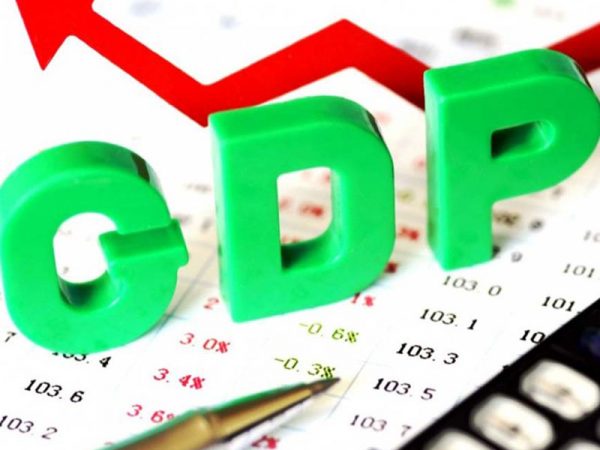Over the years, various industries, including agriculture, manufacturing, and services, have played key roles in contributing to the Gross Domestic Product, (GDP) of major economies.
A nation’s Gross Domestic Product (GDP) is a fundamental measure of economic strength, representing the total value of goods and services produced within a country in a year.
To understand the driving forces behind economic growth, three key sectors are typically analyzed: agriculture, industry, and services.
The contribution of each sector is measured as a percentage of the total GDP. Collectively, these contributions represent 100% of a country’s GDP.
– The agriculture sector includes farming, fishing, and forestry.
– The industry sector encompasses mining, manufacturing, energy production, and construction.
– The services sector involves a wide range of activities, such as government operations, communication, finance, transportation, and other private-sector services that do not produce physical goods.
Below are the top 10 largest economies in the world, based on data from the International Monetary Fund (IMF), along with their primary GDP contributors:
1. United States – With a GDP of $28.78 trillion, the United States leads as the world’s largest economy. The services sector is its highest contributor, making up 77% of the nation’s total GDP.
2. China – China follows with a GDP of $18.53 trillion. The services sector also dominates here, contributing 55% to its overall GDP.
3. Germany – Germany, Europe’s largest economy, has a GDP of $4.59 trillion, with the services sector contributing 63% to its economic output.
4. Japan – Japan ranks fourth, boasting a GDP of $4.11 trillion. The country’s economy is largely driven by services, which account for 71% of its GDP.
5. India – India’s GDP stands at $3.94 trillion, with 50% of its economic activities coming from the services sector, reflecting its importance in India’s rapid growth.
6. United Kingdom – The UK has a GDP of $3.5 trillion, and the services sector dominates, contributing 73% to its overall GDP.
7. France – France’s GDP totals $3.13 trillion, with the services sector responsible for 70% of the nation’s economic output.
8. Brazil – Brazil, the largest economy in Latin America, has a GDP of $2.33 trillion, and services make up 58.91% of the total GDP.
9. Italy – Italy’s GDP of $2.33 trillion also relies heavily on the services sector, which contributes 64.3% to its economy.
10. Canada – Canada rounds out the top 10, with a GDP of $2.44 trillion. The services sector contributes 69.7% to its GDP.
According to Statista, the global economy has seen consistent dominance from the services sector over the past decade (2013-2023), with industry and agriculture trailing behind.
This trend is evident in the GDP contributions of the world’s largest economies, where the services sector plays a significant role in economic growth.
In Nigeria, data from the National Bureau of Statistics (NBS) indicates that the services sector accounted for 58.04% of the country’s GDP in the first quarter of 2024.
This sector includes industries such as banking, telecommunications, real estate, entertainment, and trade, reflecting the global shift towards a service-driven economy.
These figures highlight the growing importance of the services sector in driving both global and national economies forward.











